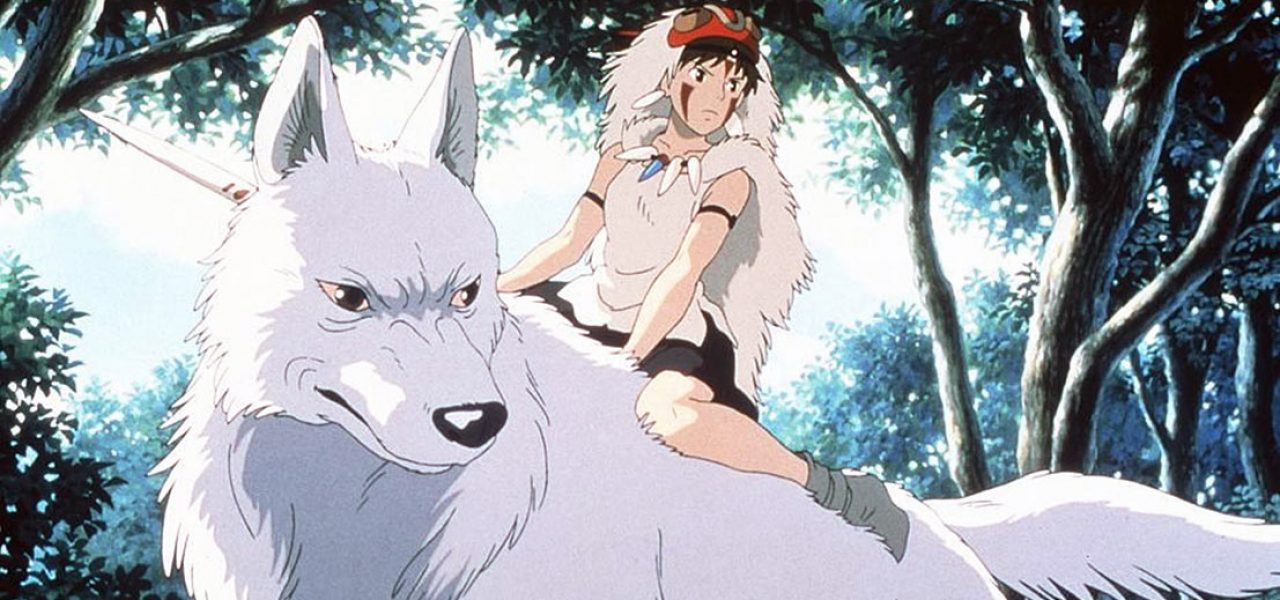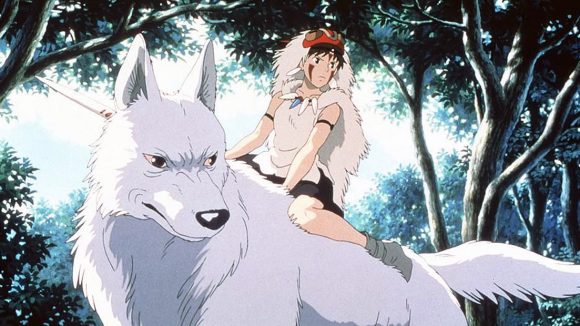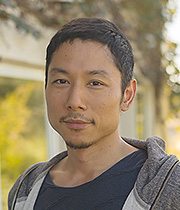

Studio Ghibli Producer Claims Women Are Too ‘Realistic’ To Direct Their Films
Of the twenty features that Studio Ghibli has made, every single one has been directed by a man, so it is a fair question to ask whether the studio ever plans to enlist a woman to direct one of its films (should the studio even make another feature, which is an open question at this point).
In an interview published Monday in The Guardian, Ghibli producer Yoshiaki Nishimura was posed that question. He chose to answer it in possibly the most asinine way possible:
It depends on what kind of a film it would be. Unlike live action, with animation we have to simplify the real world. Women tend to be more realistic and manage day-to-day lives very well. Men on the other hand tend to be more idealistic—and fantasy films need that idealistic approach. I don’t think it’s a coincidence men are picked.

The issue isn’t that Nishimura perceives differences between the sexes (he’s entitled to that even if he’s overgeneralizing), but his consequent—and wholly untested—belief that because of those differences, women are incapable of directing a ‘Ghibli-style’ fantasy film as well as a man. When every single film the studio has made has been directed by a man, it’s absolutely sexist to claim that the reason is because men are more capable of doing the job. (For the record, over 96% of the members of the Directors Guild of Japan are male, so Japanese women aren’t directing many “realistic” films either, even though according to Nishimura, they’re purportedly better at that sort of thing.)
Nishimura isn’t the only person at the studio who seems to be confused about gender politics. In the same piece, When Marnie Was There director Hiromasa Yonebayashi’s explanation for why the studio continues to create films with female leads is equally brow-raising: “I’m male myself, and if I had a central character who was male, I’d probably put too much emotion into it, and that would lead to difficulty in telling the story.” One could have a field day parsing that quote without even getting the other half of Yonebayashi’s comment, where he describes the lead character in Marnie not as a female, but “an androgynous character.”
UPDATE: Nishimura has offered his “deepest apologies” for the comments he made in The Guardian.

